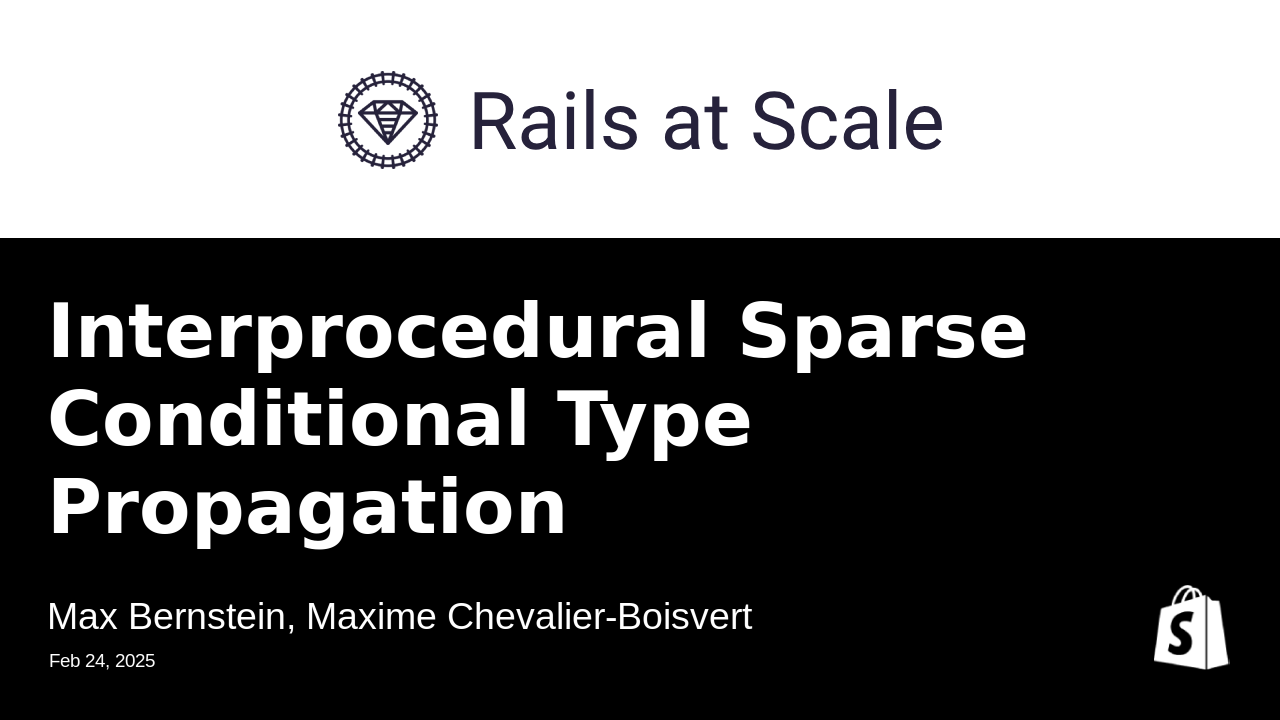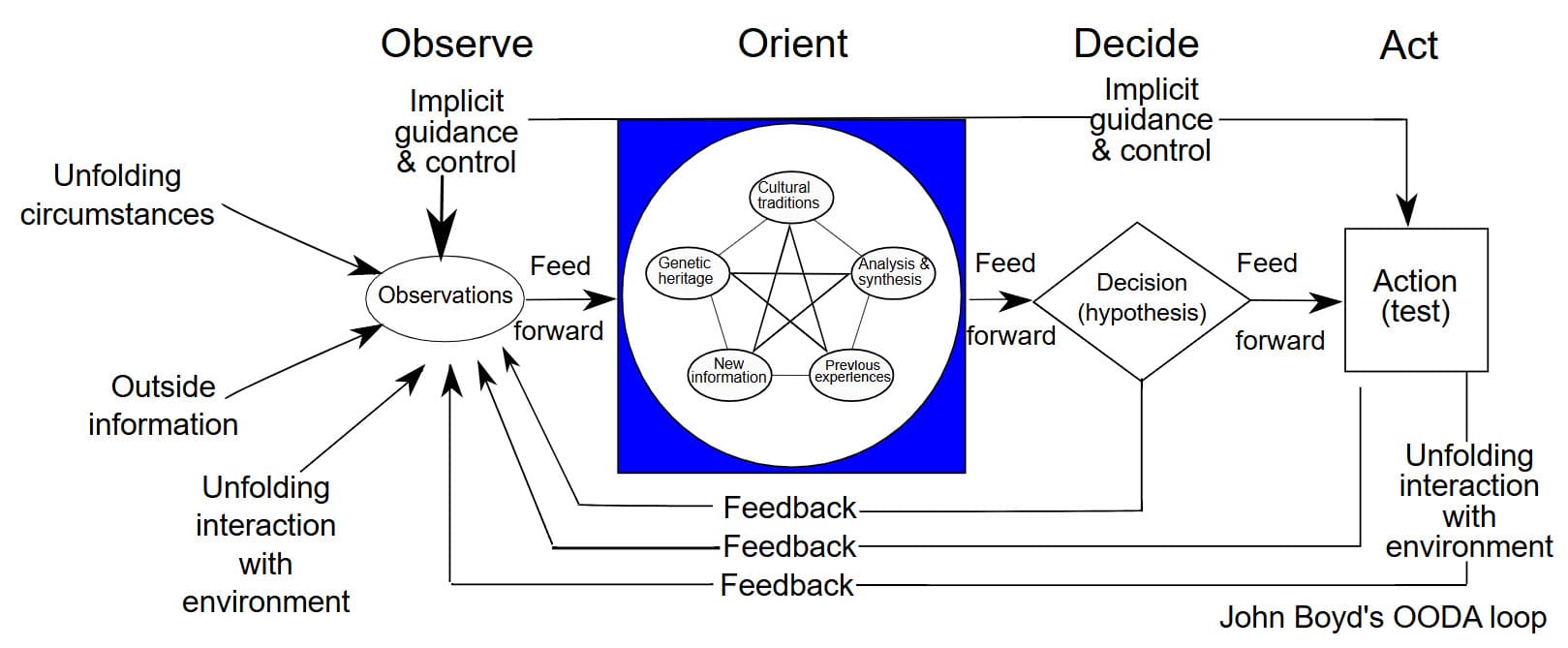ArkFlow: A High-Performance Rust Stream Processing Engine
ArkFlow is a high-performance stream processing engine built on Rust and Tokio. It supports multiple data sources like Kafka, MQTT, and HTTP, and offers various processors including SQL queries, JSON processing, and Protobuf encoding/decoding. Its modular design allows for easy extension, and configuration is managed via YAML files. Users can define inputs, pipelines, and outputs to handle diverse stream processing tasks, such as Kafka-to-Kafka data processing or generating and processing test data.















